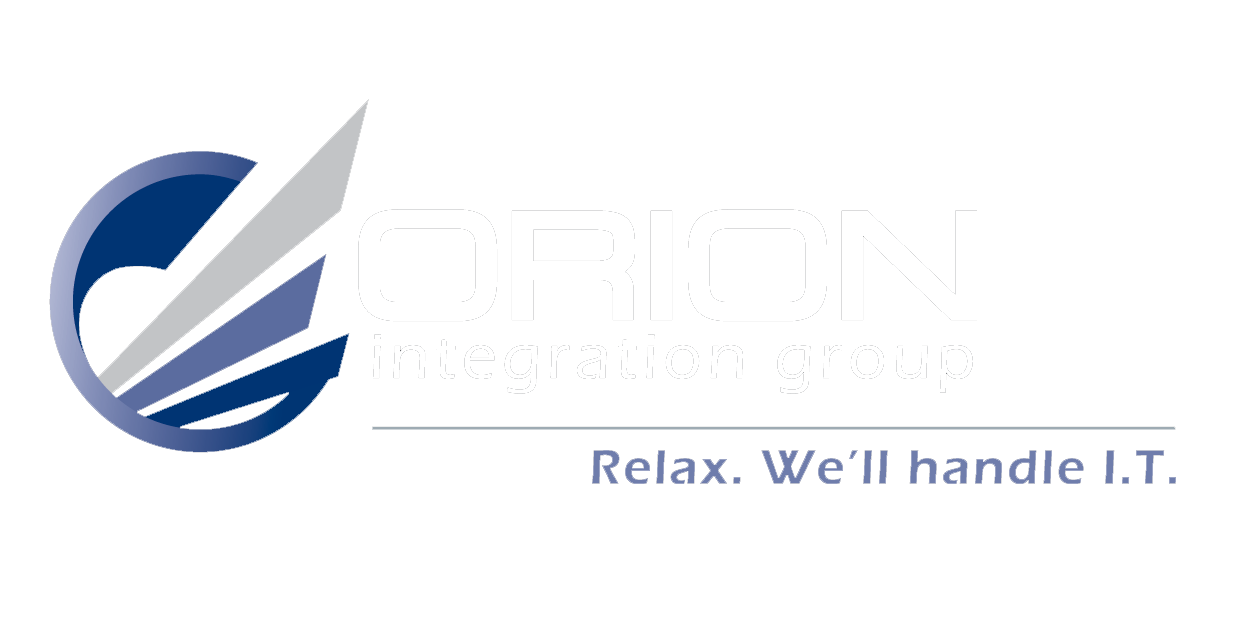Optimizing IT Service Response Times: A Guide for Businesses
Optimizing IT Service Response Times: A Guide for Businesses
In today's fast-paced business world, the efficiency of IT service responses can significantly impact operational success. Companies across the globe are constantly seeking methods to streamline their technological processes, ensuring that any issues are resolved swiftly and effectively. This focus on improving service response times not only enhances productivity but also boosts customer satisfaction, leading to a competitive advantage in the market.
Understanding IT Service Response Times
In the realm of information technology services, the concept of 'response time' is often a critical measure of efficiency and effectiveness, directly influencing customer satisfaction and business continuity. But what exactly is IT service response time? Simply put, it refers to the duration between when a service request or incident report is made by a user and when the IT provider begins to address that request or report. This initial action might involve an acknowledgment of the issue, starting an assessment, or beginning troubleshooting procedures.
It's crucial to distinguish between response time and resolution time. While response time refers to how quickly an IT service provider reacts to a call for help, resolution time denotes the length it takes to completely solve the issue and restore full functionality. Both metrics are vital, but swift response times are particularly essential as they set the tone for the customer's experience and confidence in the IT provider's capabilities.
The importance of swift response times extends beyond just customer satisfaction; it has tangible impacts on a business's operational capacity. In today's digital-first environment, even a brief downtime can lead to significant financial losses, not to mention the erosion of customer trust and potential damage to the company's reputation. Fast IT service response times can prevent these negative outcomes by ensuring that issues are addressed before they escalate into major disruptions. For businesses that rely heavily on online operations, efficient IT services are not just a support function but a critical component of business continuity planning.
Thus, understanding and optimizing IT service response times are paramount. This involves not just quick reactions but also a structured approach to how incidents are prioritized based on their impact and urgency. Utilizing a local provider like
Orion Integration Group, renowned for its promptness and efficiency, can further enhance the capacity for swift responses. By leveraging local expertise and resources, businesses can ensure minimal downtime and maintain their operations smoothly, emphasizing the significance of choosing the right IT service partner for sustaining long-term business continuity.
Benchmarks for Excellence in IT Service Response Times
In the quest for operational excellence, understanding the benchmarks for IT service response times is essential. Industry standards suggest that for high-priority incidents, IT service providers should commence an action within an hour. These standards can vary significantly depending on the specific service level agreements (SLAs) in place. For non-critical issues, a response time within 24 hours is generally considered acceptable, though many leading IT firms strive for much faster response times to enhance customer satisfaction.
Several factors influence these response times, including the nature of the issue, the time of the day, and the specifics of contractual agreements. High-priority issues, such as server failures or security breaches, necessitate immediate attention, while less critical problems might be queued for resolution according to their impact and urgency. The time of the day also plays a crucial role; incidents reported outside of standard business hours might face delays if 24/7 support is not part of the provided services. Lastly, the detailed provisions laid out in SLAs can dictate the prioritization and response protocols, making it imperative for businesses to negotiate terms that align with their operational requirements and risk thresholds.
Case Studies: The Impact of Response Times on Business Operations
Real-life examples abound of how swift versus delayed IT service response times can significantly impact businesses. In one notable case, a regional retail chain experienced a system outage during a peak shopping period. Thanks to a pre-existing agreement with a local IT provider that guaranteed a 30-minute response time for high-impact incidents, the issue was identified and mitigated within an hour, preventing extensive sales losses and reputation damage.
Conversely, another business suffered a prolonged downtime due to delayed IT service response, exacerbating the situation by causing significant financial losses and eroding customer trust. The delayed response was attributed to unclear prioritization protocols in their SLA with the service provider, underscoring the importance of clearly defined expectations and agreements.
These case studies illustrate the tangible benefits of swift IT intervention and the potential risks of inadequate service level agreements. They highlight the necessity for businesses to partner with IT service providers that understand their operational landscape and offer responsive, reliable support tailored to their specific needs. By doing so, businesses can safeguard their operations against unexpected IT challenges, ensuring continuity and resilience in the face of potential disruptions.
How Local IT Providers Enhance Service Response Times
When it comes to optimizing IT service response times, the geographical proximity of your service provider can play a pivotal role. Local IT firms offer unique advantages, not least of which is the ability to swiftly address and resolve issues onsite. This local presence fosters a deeper understanding of the regional business landscape and its specific challenges, enabling more tailored IT support solutions.
Orion Integration Group exemplifies the benefits of local IT service provision. With a commitment to ensuring swift, local access, Orion Integration Group positions itself as a crucial ally for regional businesses. The proximity allows them to not only respond quickly to calls for IT assistance but also to build stronger, more personal relationships with their clients. This accessibility and responsiveness can be a game-changer for businesses, particularly in crises where every minute counts.
Actionable Strategies to Improve IT Service Response Times
Businesses looking to enhance their IT service response times have several strategies at their disposal. Firstly, clear communication and precisely defined expectations in service level agreements (SLAs) are foundational. SLAs should explicitly detail response times for different categories of issues, ensuring that both parties are aligned on the standards of service. Incorporating clauses for periodic review of these terms can also ensure that the agreement evolves in line with changing business needs and technological advancements.
Next, implementing a structured prioritization system can help in triaging issues based on their severity and impact on business operations. This approach allows IT providers to allocate resources more effectively,
ensuring that critical issues receive immediate attention.
Finally, fostering a continuous feedback loop between the business and its IT provider is essential. Regular reviews of incident reports, response times, and resolution outcomes offer invaluable insights into the effectiveness of IT support services. This feedback can then be used to refine processes, improve efficiency, and ultimately, enhance the overall IT service response times.
The importance of swift and effective IT service response times cannot be overstated in today’s digital business environment. By choosing the right IT service partners, such as local providers like Orion Integration Group, and by employing strategic measures to continuously improve service response times, businesses can ensure operational resilience and continuity. The key lies in clear communication, well-defined agreements, and ongoing collaboration to adapt and respond to the ever-changing IT landscape.
Ready to boost your business's IT service response times? Contact Orion Integration Group now to explore how our customized solutions can optimize your operations, minimize downtime, and improve efficiency.




